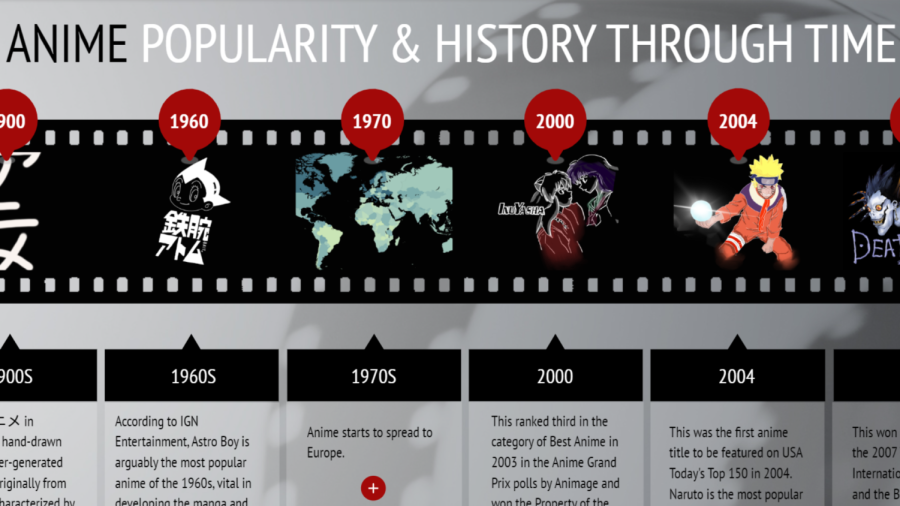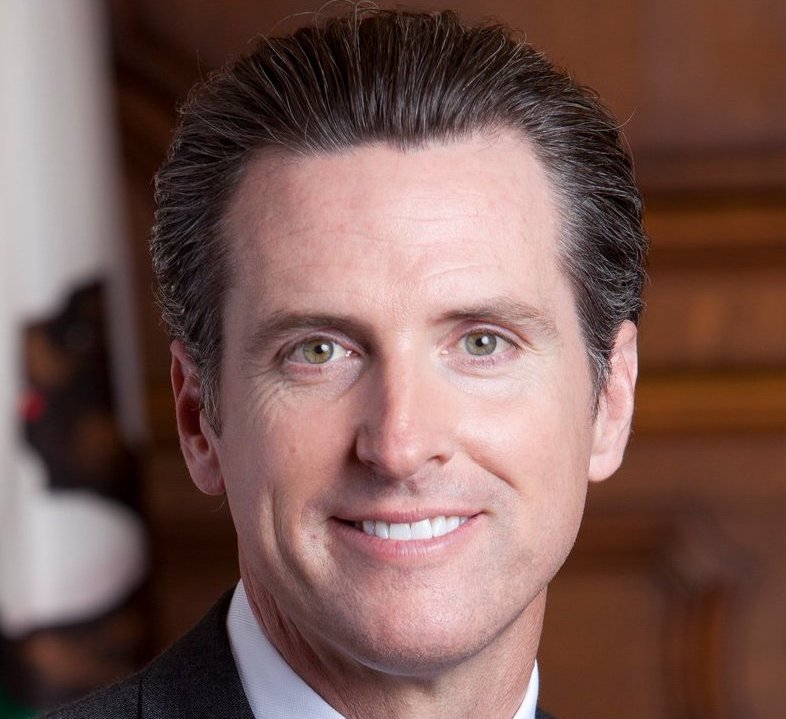It used to be that the most important concern of internet users was maintaining privacy.
This notion was held by the generation who had grown up before there was an Internet, before our hyper-connected era. One would have thought it unwise to freely give out information on one’s place of work, date of birth and relationship status. That breach of privacy was tantamount to giving away a social security number or a credit card number. Now that the main users of social media and other internet services are young people who have grown up with social media, the culture of sharing has been established and people are no longer as concerned with maintaining privacy on the internet.
Facebook, Instagram, Vine, Tumblr; all are geared towards sharing more content about ourselves. We post pictures, statuses and messages about intimate details of our lives in order to convey to the outside world what we are up to.
The early 2000s saw young men and women anxious about inputting this type of personal information into the internet. Cautionary tales of identity theft created a climate of fear and anxiety over the new form of crime that came with this expansion of the human experience.
A decade of internet usage later, users now share data without a second thought.
As this trend continues, the importance of privacy in the internet age ceases to hold much weight.
It is part of our culture now to be plugged into various social media outlets and to actively update content on all fronts.
Despite the decrease in privacy, there has been a noticeable trend towards brevity in social media. Instagram, Twitter, and Vine all emphasize the importance of being succinct when sharing. Instagram uses image to convey user’s activity, with little words, while Twitter limits it’s users to 140 characters per tweet. Vine, the proverbial new kid on the block consists of user-made 6 second video loops.
Services like MySpace, and even Facebook start to look aged in the face of this ever increasing speed of communication. The amount of content on Facebook is undeniably large, but this generation is less concerned with detail and quantity, rather they are concerned with how current the content is and, with ever-shortening attention spans, how long the content can keep them interested.
Twitter, Instagram and Vine are indicative of this deeper societal shift in this generation. As with traditional media, the length of time for which kids can focus on a single task is shortening. As such, more and more services are competing for the attention of the youth by making content more engaging and less time consuming. Analogous to the shift from long form television to shorter Web-focused content, the shift from the quantity of content on networks like Facebook to Twitter and Vine will only increase in speed.
Ultimately, social media will develop and new ways of communication will wax and wane from the forefront of internet culture, but the undeniable erosion of privacy online will continue.
The important thing is that as the culture of sharing continues to become more widespread, people will give less thought to putting personal info online, and anxieties about identity theft and other forms of cybercrime will cease to plague Internet users.







